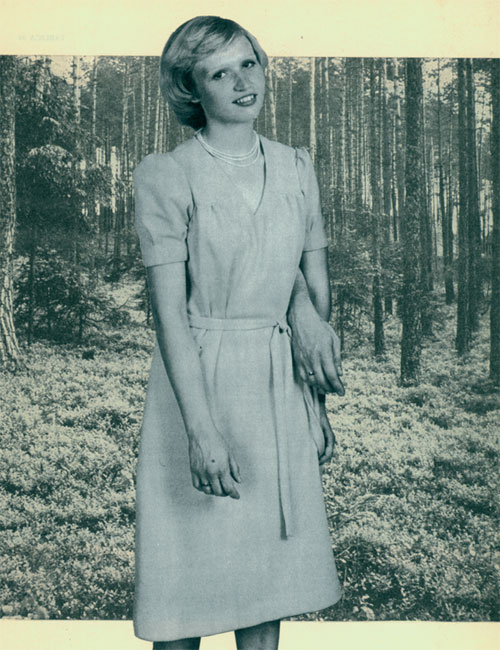
FYI.
This story is over 5 years old.
The Arm
During the war, a colonel received a letter from his wife. She missed him very much, it said, and would he please come visit because she's worried she will die without having seen him. The colonel immediately applied for leave, and as it happened that...
